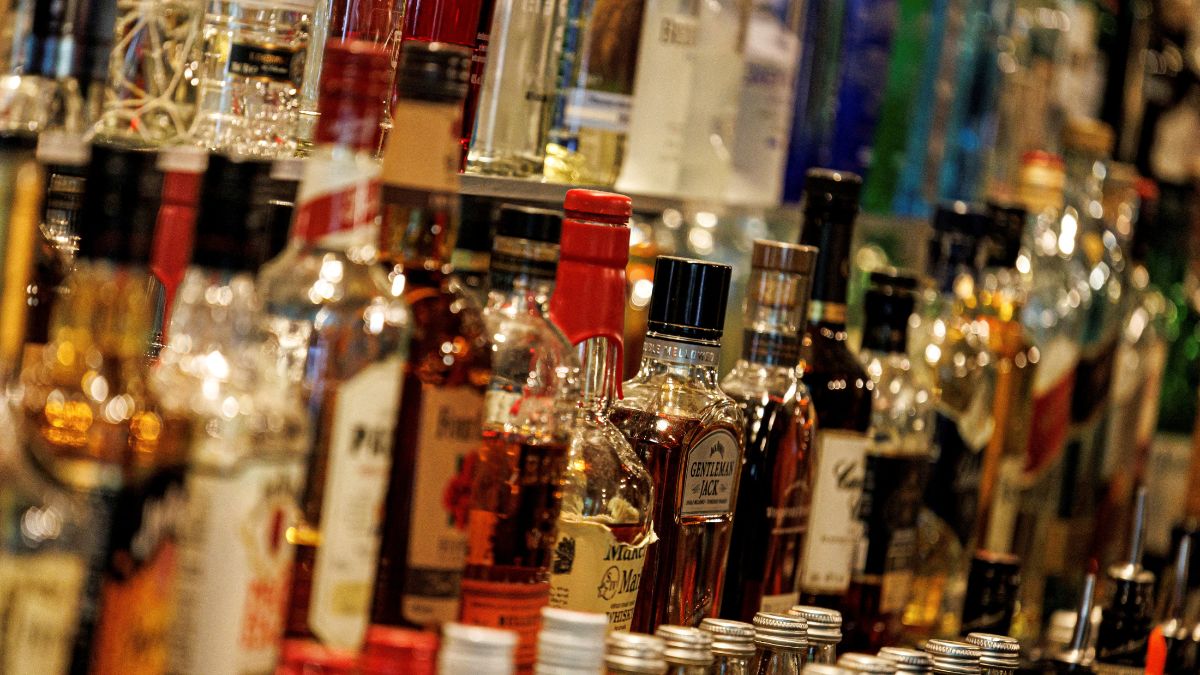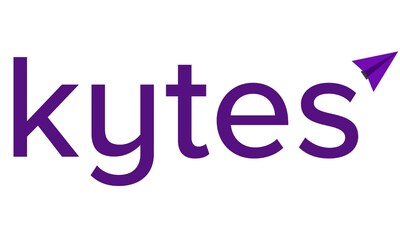The US Surgeon General’s recent advisory has put the link between alcohol and cancer back in the spotlight.
With mounting evidence of the risks, Dr. Vivek Murthy’s call for warning labels on alcoholic beverages aims to make consumers more aware of these dangers.
What is the link between alcohol and cancer?
Alcohol consumption has long been associated with increased cancer risk, contributing to nearly 100,000 cases and 20,000 deaths annually in the United States. According to Murthy’s advisory, alcohol is the third leading preventable cause of cancer after tobacco and obesity.
Scientific research establishes that drinking alcohol raises the risk of at least seven types of cancers, including breast, liver, colon, esophagus, and throat cancers.
The advisory underscores that alcohol is a Group 1 carcinogen as classified by the International Agency for Research on Cancer (IARC). This puts it in the same category as tobacco and asbestos, substances well-known for their cancer-causing potential.
Murthy stated, “For individuals, be aware that cancer risk increases as you drink more alcohol. As you consider whether or how much to drink, keep in mind that less is better when it comes to cancer risk.”
How does alcohol increase cancer risk?
The biological mechanisms linking alcohol to cancer are well-documented. Ethanol in alcoholic beverages metabolises into acetaldehyde, a carcinogen that can damage DNA and lead to tumor growth.
Additionally, alcohol generates reactive oxygen species that harm cells, alters hormone levels — notably increasing estrogen, a factor in breast cancer — and facilitates the absorption of other carcinogens, especially from tobacco. Even moderate drinking can elevate cancer risks, particularly for breast, mouth, and throat cancers.
Murthy’s advisory notes that these risks are not confined to heavy drinkers. Even low levels of alcohol consumption have been linked to increased cancer risk, challenging the long-standing perception that moderate drinking is harmless or even beneficial.
Should alcohol bottles carry cancer warnings?
The Surgeon General’s advisory urges Congress to mandate updated health warnings on alcohol products to reflect cancer risks. Current labels, introduced in 1988, focus on pregnancy-related dangers and impaired driving.
The advisory argues these labels are outdated and insufficient for informing the public about alcohol’s broader health risks.
Public awareness remains low; less than half of Americans recognise alcohol as a cancer risk factor, compared to 91 per cent for tobacco and 81 per cent for asbestos.
By updating labels, the government aims to bridge this knowledge gap and empower consumers to make informed choices about their health.
Murthy wrote, “Congress should authorize an update to the Surgeon General’s warning label on alcohol-containing beverages to include a cancer risk warning. The advisory also calls for a reassessment & revision of the guideline limits for alcohol consumption to account for increased cancer risk.”
Congress should authorize an update to the Surgeon General’s warning label on alcohol-containing beverages to include a cancer risk warning. The advisory also calls for a reassessment & revision of the guideline limits for alcohol consumption to account for increased cancer risk.
— Dr. Vivek Murthy, U.S. Surgeon General (@Surgeon_General) January 3, 2025
Can the move be implemented?
In the US, efforts to add cancer warnings face stiff opposition from the powerful alcoholic beverage industry, which spends nearly $30 million annually lobbying US Congress. The advisory highlights the significant financial stakes involved, noting that the industry often downplays or disputes research linking alcohol to cancer.
Additionally, political hurdles are significant. Republicans have traditionally opposed increased regulation, and incoming administrations may deprioritise such changes.
The advisory points out that the alcohol industry has historically resisted reforms, citing economic concerns and consumer choice.
How has the move impacted countries and brands?
Internationally, countries like Ireland and South Korea have already mandated cancer warnings on alcohol. Ireland’s labels, set to become law in 2026, explicitly link alcohol consumption to cancer risk.
Canada has also revised its drinking guidelines, recommending no more than two drinks per week, a stark contrast to US guidelines of one daily drink for women and two for men.
The advisory also highlights the market’s immediate reaction to the Surgeon General’s call. Shares of alcohol manufacturers like Brown-Forman and Diageo dropped significantly following the announcement, reflecting concerns about regulatory changes and shifting consumer behaviour.
As the government updates its dietary guidelines this year, alcohol’s role in cancer prevention will likely take centre stage. Strengthening education, reassessing consumption limits, and promoting alcohol screening in healthcare settings are among the recommended measures to mitigate risks.
Murthy’s advisory states a key takeaway for individuals: any reduction in alcohol consumption can lower cancer risk.
Also Watch:
With inputs from agencies

)





